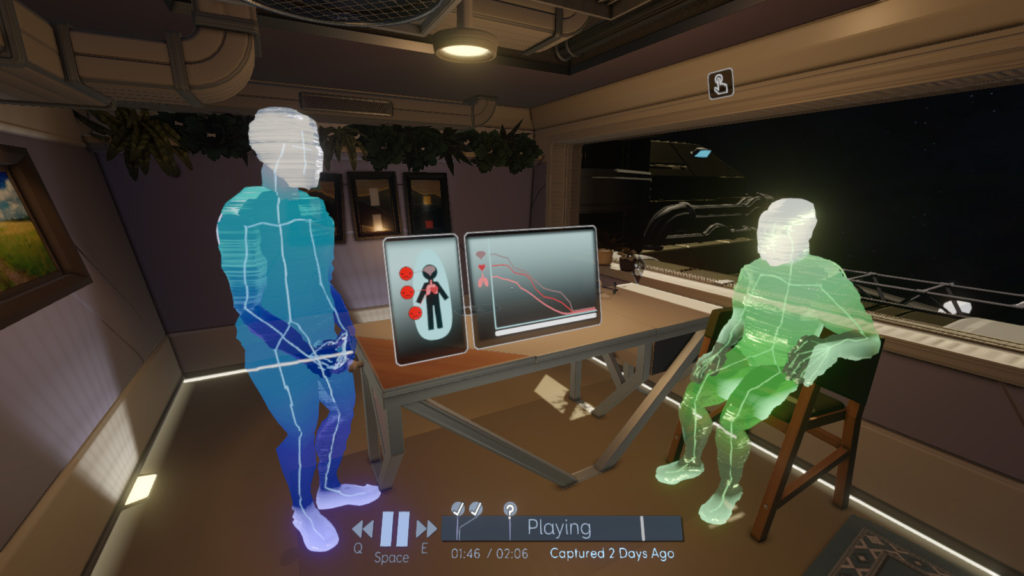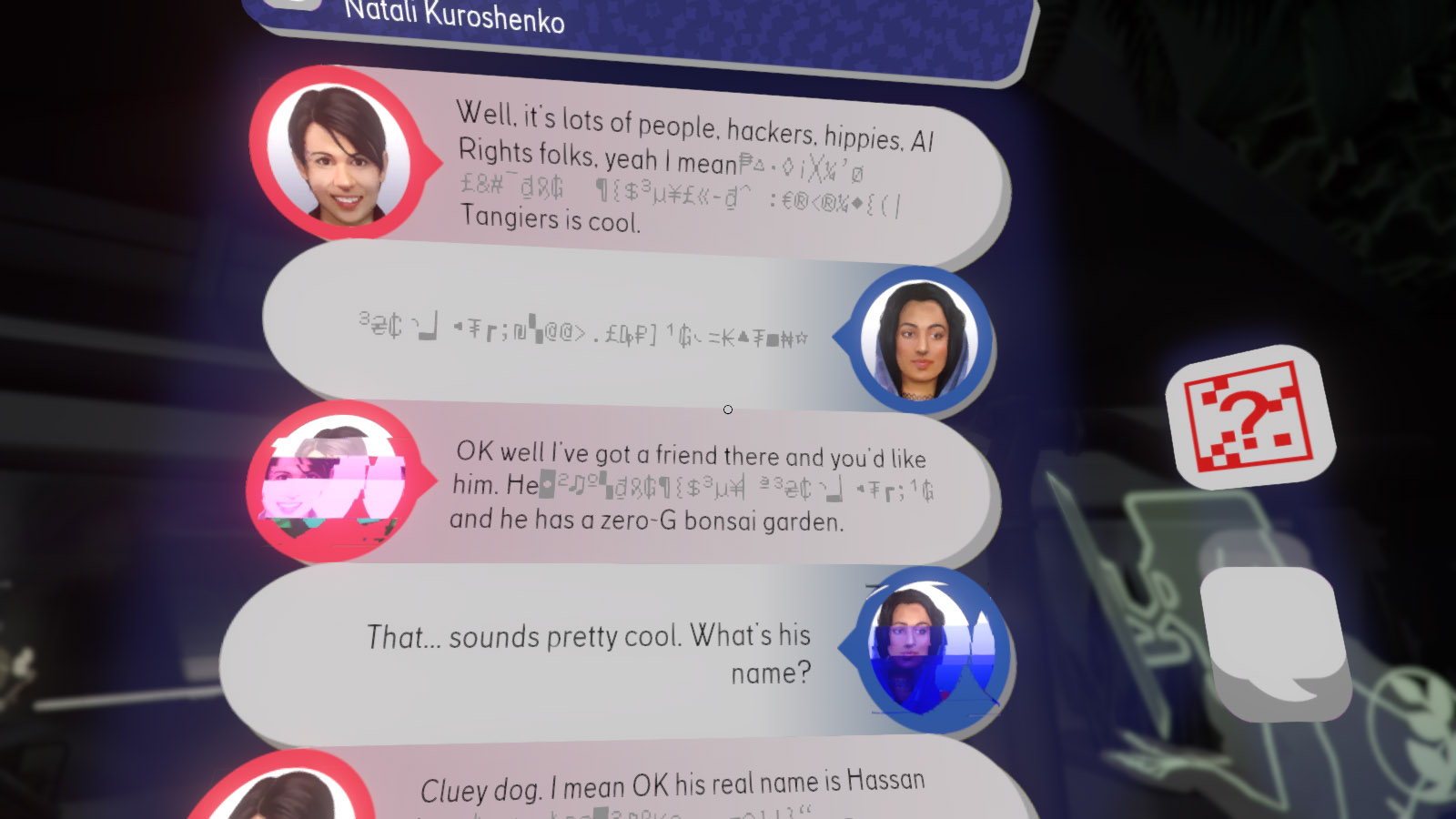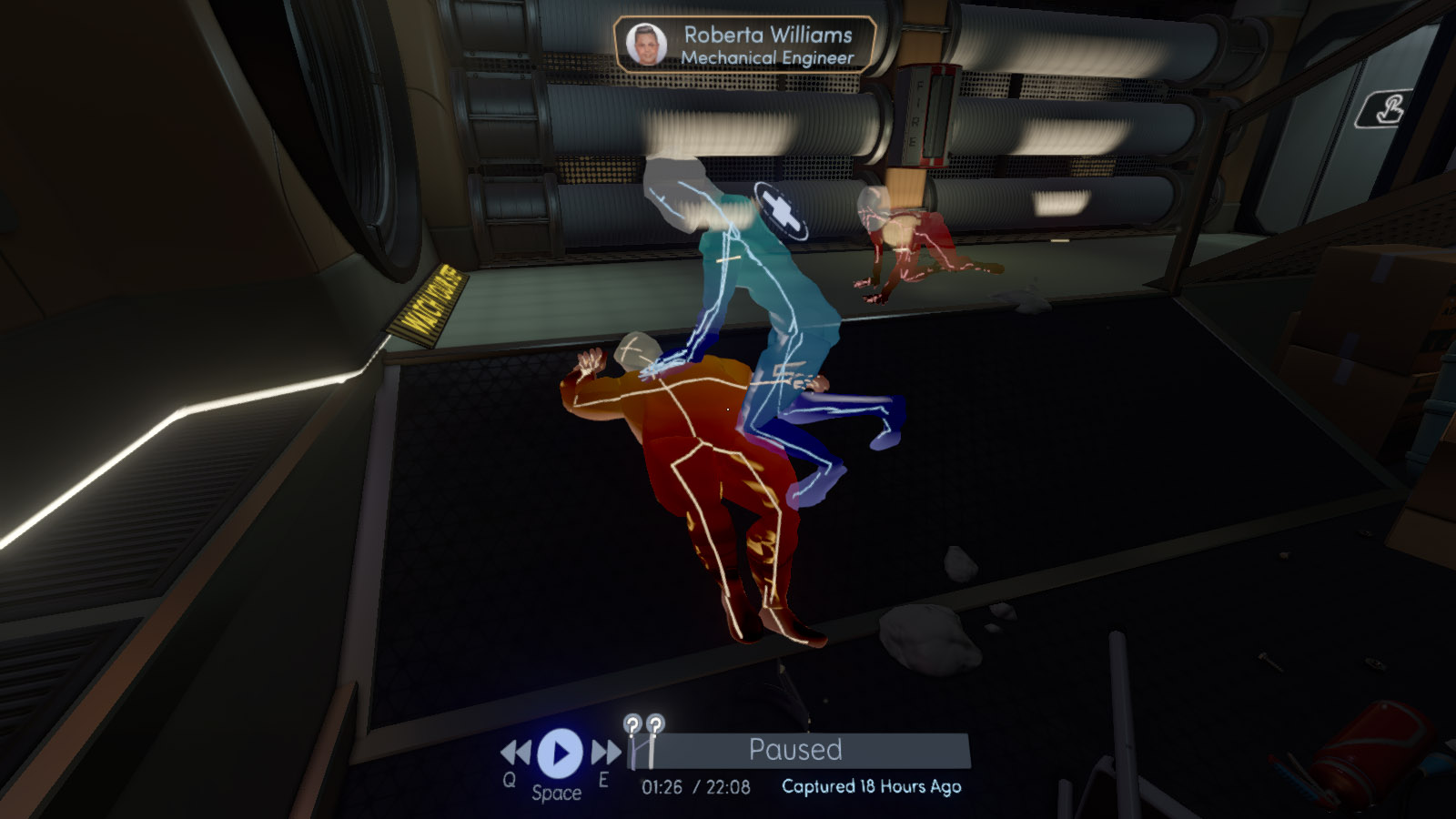Sony launches the WF-1000XM6 in South Africa with upgraded noise cancelling, better call clarity and premium sound. Pricing starts at R7,999.
Tacoma review: time is oxygen…

Tacoma is a sci-fi narrative-exploration game developed by Fullbright, the same Portland-based indie studio that brought us Gone Home, one of the very titles that started the trend of this genre.
Tacoma is a considerably more ambitious title than Gone Home. Jumping from one voice actor and a 90s American Home to a cast of seven on-board a floating space station in the year 2088, the Fullbright team have definitely gone for a much larger experience. But now the question begs: is this for the better?
At first, I didn’t like this new approach. I was a massive fan of Gone Home. It was a dense experience confined to one house, filled with familiarity and at once relatable. In comparison, the cold and foreign setting of Tacoma felt alienating and I’ll have to admit that in those first few minutes the game almost entirely lost me.
But at some point it just felt right. I’m not sure when that moment was, or if it was rather a series of small moments that came together, but I found myself absolutely enthralled by the narrative’s transpiring developments.
Whenever or whatever that moment was, it became clear to me why I was frustrated: I had entered Tacoma with expectations, mainly the expectation that I was going to play Gone Home in space.
Once I got past that fact, I could experience Tacoma for what it truly is, a slightly frustrating but remarkable exploration of humans in the face of adversity.
Welcome to Tacoma
Tacoma tells the story of the Tacoma Lunar Station and its crew amidst an unknown calamity. We experience these events as Amitjyoti Ferrier a.k.a. Amy, but only a few days after they transpired
though. Amy has been subcontracted by the Venturis Corporation (the owners of the ship), to retrieve AI recorded data from Tacoma Station, with the aim of learning what happened in the time leading up to the story’s conclusion.
Although the disaster plays a big role in the unfolding of events, it is the crew and their intertwining relationships that take the spotlight in this narrative. For this reason, your role as Amy is purposely forgettable, allowing you to observe things through your own eyes (although she does have her shining moment).
Like Gone Home, a lot of focus was put on creating very human and relatable characters, allowing you to truly sympathise with their struggles. You feel involved in their drama and take it on as your own. Each of the crew members have been wonderfully realised, with superb voice acting and engaging narrative design. Their personalities are distinct, each with their own share of hopes,
insecurities and fears. This is something not easily achieved and few studios other than Fullbright can pull it off so well.
The main bulk of the story is experienced via snippets of AR (Augmented Reality) videos recorded by the ship’s on-board AI, Odin, which is why the characters take on their strange, transparent
appearances. Whenever entering a facility, each of which is dedicated to a crewmember’s speciality (botany, engineering, etc.), you will install your console and explore the environment to find the various recordings scattered about the rooms.
When prompted, you will be able to unlock and view the recordings, also being able to fast-forward and rewind through them as you please. Your objective is to find certain moments or pieces of
information to complete the memory. Sometimes this will be things mentioned in conversations, other times it will be text messages or emails found on crewmembers’ mobile holographic terminals.
Don’t expect the same experience as Gone Home, or else you might be a little disappointed with Tacoma
Once you’ve completed your investigation, you pick your console and head to the next facility to it all over again. Rinse and repeat. This is where I had one gripe with Tacoma: its lack of interactivity, or rather meaningful interactivity.
In Gone Home a big part of the story was experienced through picking up and viewing objects. Each of these objects had little details and nuances that added substance to the main narrative. In some cases, these objects even played crucial roles in very interesting puzzles. You were constantly interacting with the environment to delve deeper into the story.
In Tacoma there wasn’t really any reason to study objects and no real puzzles to solve. Sure, you were able to but, in my experience, they mostly served the purpose of enjoyable but generic world- building. Admittedly, there were some interactive elements I found cool, such as being able to pick up a cue and play some pool or performing a slam-dunk in zero-gravity, and I would have loved to see more of them.
The ability to interact is what sets gaming apart from other storytelling mediums. In Tacoma I felt a little too much like I was watching a film rather than playing a game. But with that being said, it is certainly a movie I’d watch again.
Game Information
Release Date: 20 August 2017
Developer: Fullbright
Publisher: Fullbright
Genre: Sci-fi Narrative Exploration
Platform(s): PC, Xbox
Price: R219
Final thoughts
If you’re expecting to play Gone Home in space, Tacoma might end up disappointing you. But if you allow yourself to experience it without any expectations, you’ll find that Fullbright have yet again created a captivatingly human story that trades in the empowering and blood-soaked themes of most AAA-titles for the harsh struggle of our fears, insecurities and uncertainty.
Tacoma certainly isn’t a perfect game. It lacks the engagement that immerses the player within its world, which might lose it a healthy chunk of players. But at the same time, too much interactivity or the presence of winning goal might have distracted players from the fact that there is a truly wonderful story taking place in front of their eyes.
Verdict: Tacoma is not a title that will tickle everyone’s fancy. But for those who have the patience for heavily narrative-driven gaming experiences, this is another gem.
Score: 8 out of 10




